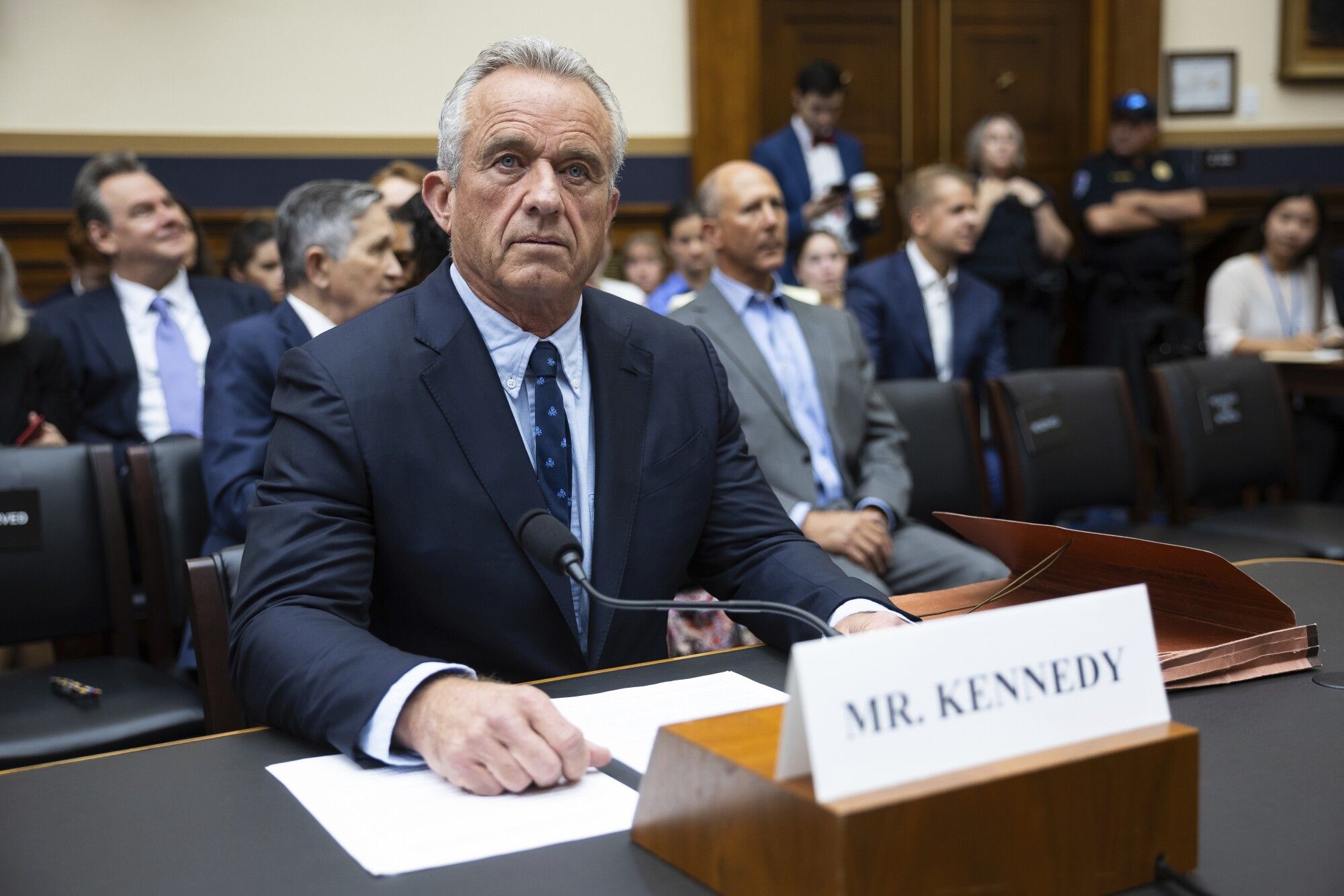RFK Jr. Halts mRNA Vaccine Funding: The Reason Behind the Decision
U.S. Health Secretary Robert F. Kennedy Jr. has ended funding for 22 vaccine research projects totaling $500 million. These initiatives focused on mRNA-based vaccines targeting respiratory infections like COVID-19 and influenza. Kennedy argues the mRNA approach has shown poor long-term performance against upper respiratory infections and prefers to invest in what he calls broader, more stable vaccine technologies. These include inactivated, attenuated, and conjugate vaccines, which have historically been used to prevent illnesses such as measles, rubella, and meningitis.
Kennedy believes mRNA technology fails to provide sustained immunity, especially as viruses evolve. He suggests prioritizing vaccine platforms that remain effective across viral mutations. While this may sound reasonable, critics argue that turning away from mRNA limits preparedness for future pandemics and disregards the significant breakthroughs achieved through this platform during the COVID-19 crisis.
Are mRNA Vaccines Effective and Safe?
Scientific experts widely agree that mRNA vaccines have demonstrated strong safety profiles and high effectiveness in reducing hospitalizations and deaths during the pandemic. The Pfizer-BioNTech COVID-19 vaccine alone is estimated to have saved millions of lives globally in its first year of use. Although rare side effects like myocarditis were recorded, the overall benefit of mRNA vaccines has been overwhelmingly positive.
The technology itself works by instructing the body to produce a harmless piece of the virus, which then triggers an immune response. Unlike traditional vaccines that may take years to develop, mRNA platforms offer speed and adaptability. As seen during COVID-19, updated mRNA vaccines were created and distributed quickly in response to new variants. Removing support for this science could slow down future responses to emerging threats. For more on how vaccines work, visit the World Health Organization.
Why Abandoning mRNA May Be a Strategic Mistake
While no vaccine platform is perfect, abandoning mRNA altogether may be shortsighted. mRNA vaccines are uniquely positioned to respond quickly to new viral outbreaks. In contrast, conventional vaccines like the flu shot require a six-month production timeline and are updated annually based on circulating strains. According to researchers, mRNA technology offers a path to faster, scalable vaccine production that could be critical during pandemics involving rapidly mutating viruses such as avian influenza.
Projects recently canceled in the U.S. included preparations for a possible H5N1 bird flu outbreak, a virus currently affecting livestock and wildlife across several states. Experts fear that eliminating mRNA research now will leave the nation vulnerable in the event of a new global pandemic. There’s also concern that this move could damage public confidence in current vaccines and disrupt development in other areas, including cancer immunotherapies and treatments for rare genetic conditions.
The decision sends a potentially dangerous message about the U.S. commitment to cutting-edge health technologies. If a major player like the U.S. pulls back, it could limit global collaboration and investment in mRNA innovations. For more information about global vaccination policies and technologies, refer to the European Medicines Agency.



